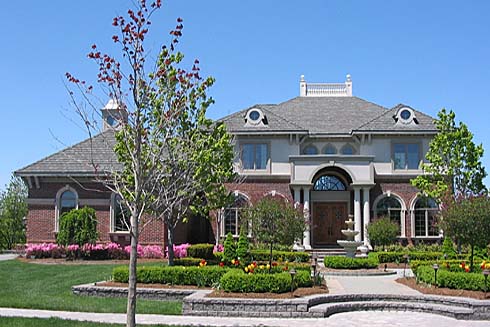SLUM
Unveiling the Reality of Urban Slums: Challenges and Opportunities in Real Estate
Introduction:
In the intricate tapestry of urban landscapes, one cannot ignore the presence of slums, those pockets of cities or towns inhabited by the very poor. These areas are often characterized by deteriorated housing, inadequate public facilities, absentee ownership, and a high incidence of crime. In the realm of real estate, slums pose unique challenges and opportunities, inviting a closer examination of their impact on the urban environment.
Understanding Urban Slums:
Urban slums are complex entities shaped by a myriad of socio-economic factors. Densely populated and marked by substandard living conditions, slums emerge as a consequence of rapid urbanization, poverty, and inadequate urban planning. Residents of slums often face challenges such as limited access to basic amenities, poor sanitation, and a lack of formal property ownership.
The Real Estate Dilemma:
For the real estate sector, slums present a dual challenge. On one hand, the blight of slums can adversely affect property values and the overall aesthetic appeal of an area. On the other hand, there exists a moral and social responsibility to address the housing needs of the underprivileged and uplift these marginalized communities.
Opportunities for Transformation:
Rather than viewing slums solely as obstacles, there is an opportunity for real estate developers, governments, and non-profit organizations to contribute to their transformation. Initiatives aimed at slum redevelopment can lead to the creation of affordable housing, improved infrastructure, and better living conditions.
Affordable Housing Projects:
Real estate developers can play a pivotal role in addressing the housing needs of slum dwellers by initiating affordable housing projects. These projects not only provide residents with decent living spaces but also contribute to the overall upliftment of the community.
Public-Private Partnerships:
Collaborations between the public and private sectors can be instrumental in implementing effective slum redevelopment strategies. By combining resources and expertise, these partnerships can facilitate the development of sustainable solutions that address the root causes of slum formation.
Community Empowerment:
Empowering slum communities through education, skill development, and access to healthcare can break the cycle of poverty. Real estate players can contribute to community development programs that focus on enhancing the quality of life for residents.
Conclusion:
In the dynamic world of real estate, addressing the challenges posed by urban slums requires a holistic and collaborative approach. Rather than perpetuating the cycle of neglect, the industry has the potential to be a catalyst for positive change. By investing in the transformation of slums, real estate can become a force for social good, creating thriving urban environments that benefit all members of society.
MORE REAL ESTATE TERMS
A, B, C, D, E, F, G, H, I, J, K, L, M, N, O, P, Q, R, S, T, U, V, W, X, Y, Z
Featured New Home

Featured Mortgage Brokers
- GENERATION MORTGAGE COMPANY, HILO, HI
1257 KILAUEA AVE STE 30
HILO, HI 96720 - Blue Square Mortgage LLC, mortgage broker in Seattle, WA
4212 33rd Ave W
Seattle, WA 98199 - DITECH MORTGAGE CORP, FORT WASHINGTON, PA
1100 VIRGINIA DR STE 100
FORT WASHINGTON, PA 19034 - PINNACLE CAPITAL MORTGAGE CORPORATION, PUYALLUP, WA
311 RIVER RD STE 202
PUYALLUP, WA 98371 - M AND T BANK, CHEEKTOWAGA, NY
80 HOLTZ DR STE 2
CHEEKTOWAGA, NY 14225